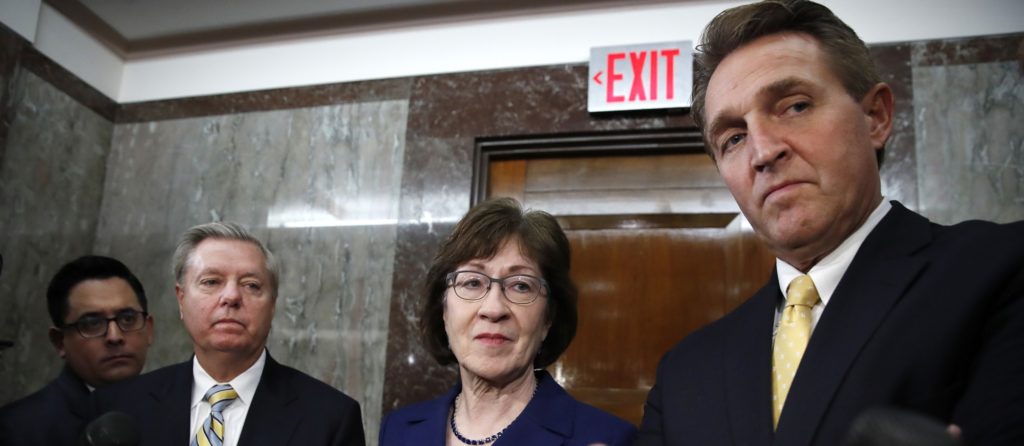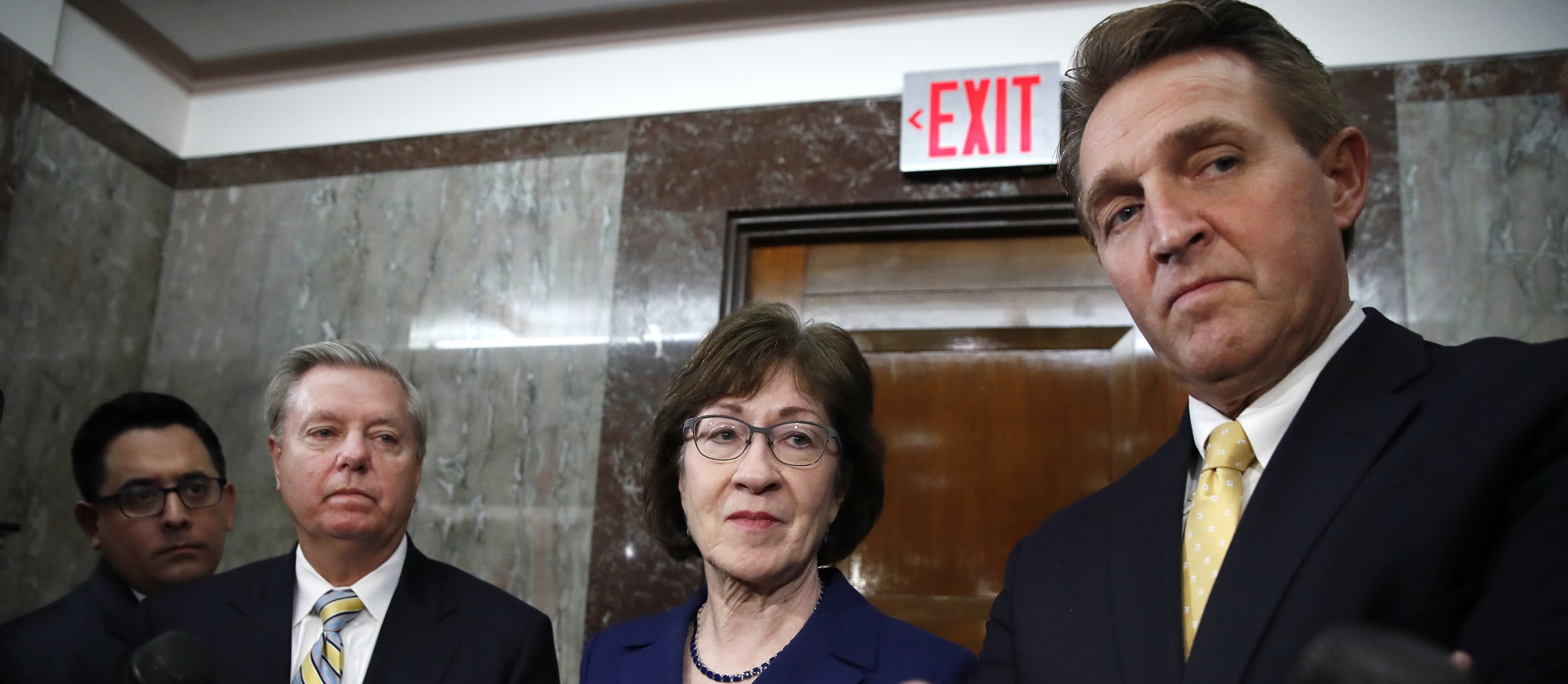
Buoyed by the sudden likelihood of a budget pact, lawmakers are on track to avoid a repeat of last month’s government shutdown — though President Donald Trump unexpectedly raised the possibility of closing things down again if he can’t have his way on immigration.
“I’d love to see a shutdown if we can’t get this stuff taken care of,” Trump declared Tuesday, repeating the sentiment for emphasis.
Trump’s comments were strikingly disconnected from the progress on Capitol Hill, where the House passed a short-term spending measure Tuesday night and Senate leaders were closing in on a larger, long-term pact ahead of a Thursday night deadline. The broader agreement would award whopping spending increases to both the Pentagon and domestic federal programs, as well as approve overdue disaster relief money and, perhaps, crucial legislation to increase the government’s borrowing limit and avoid possible default.
Democratic leaders have dropped their strategy of using the funding fight to extract concessions on immigration, specifically on seeking extended protections for the “Dreamer” immigrants who have lived in the country illegally since they were children. Instead, the Democrats prepared to cut a deal that would reap tens of billions of dollars for other priorities — including combating opioids — while taking their chances on solving the immigration impasse later.



